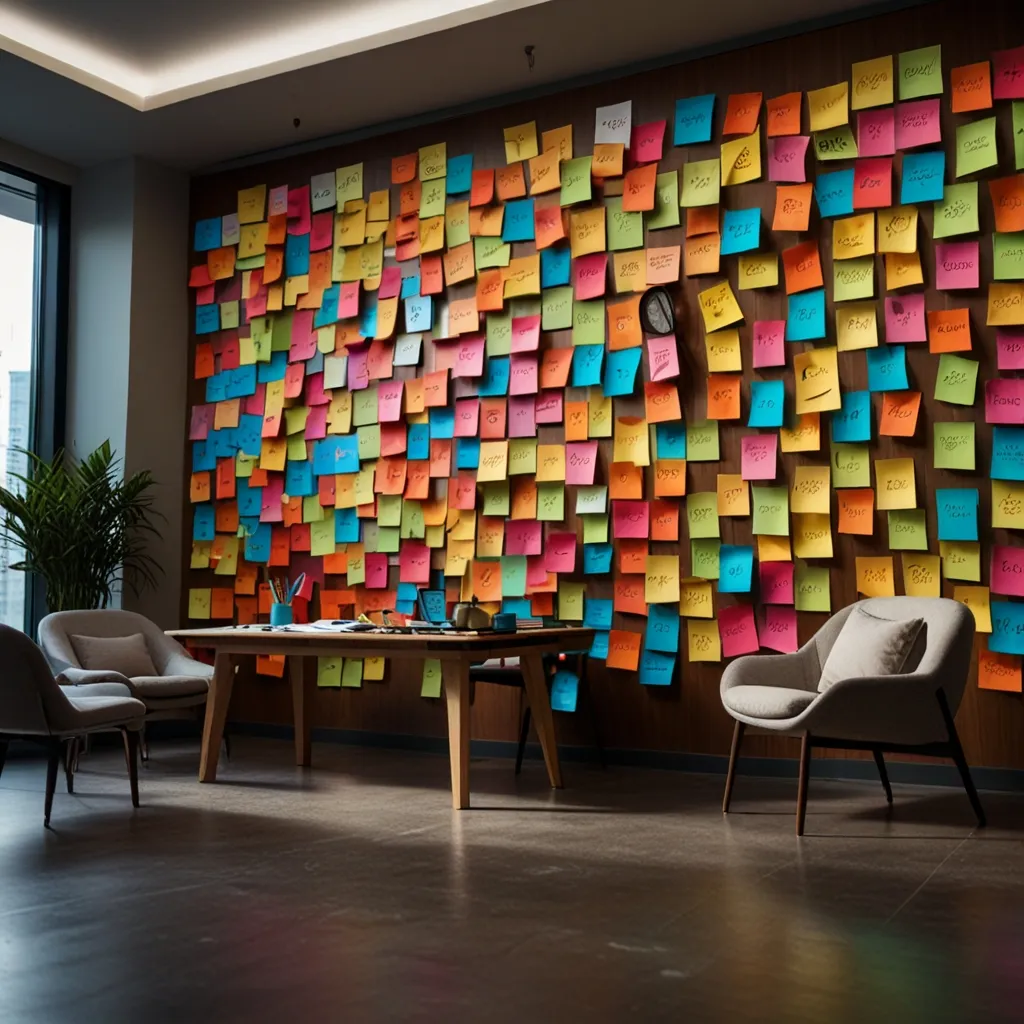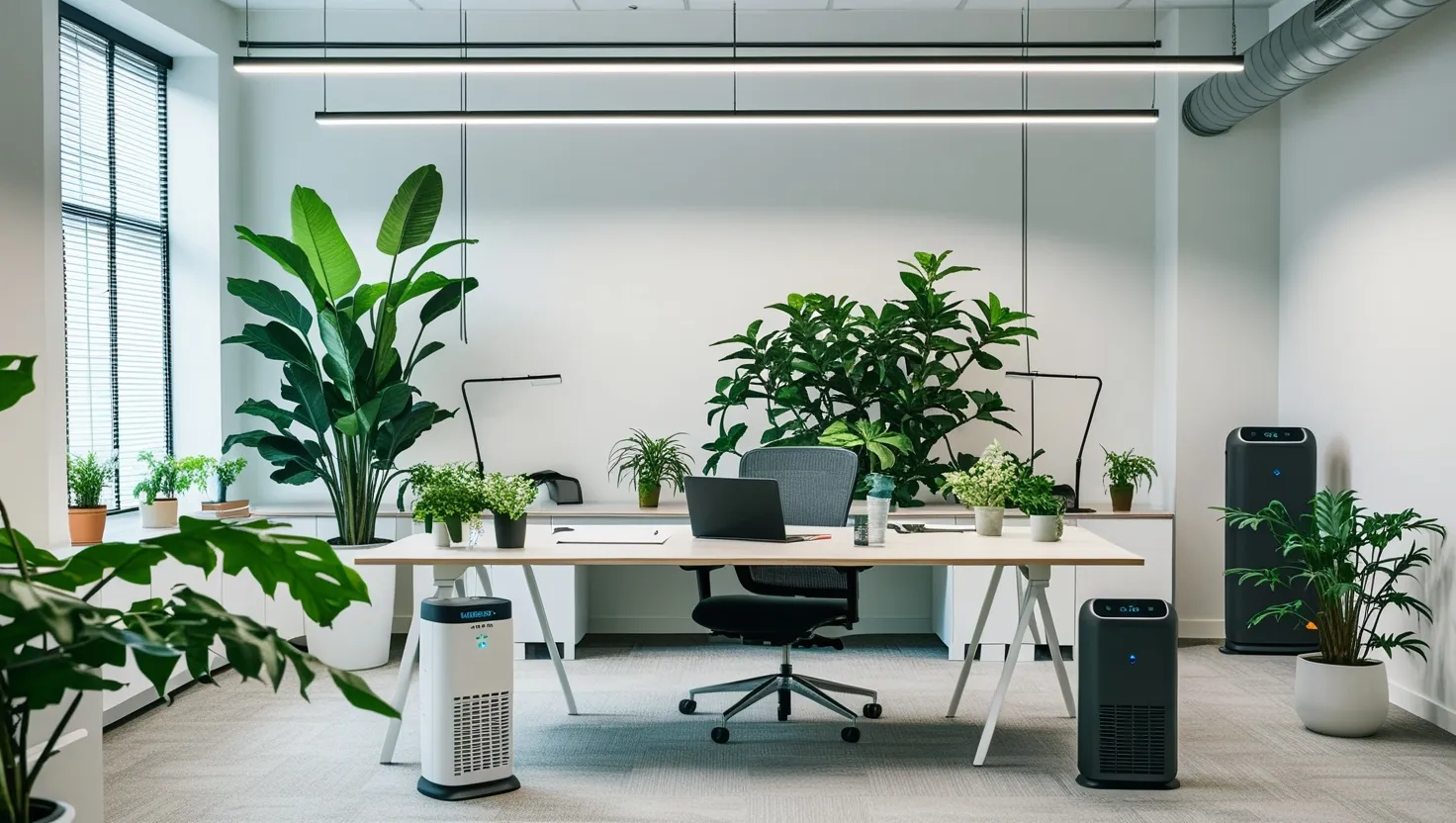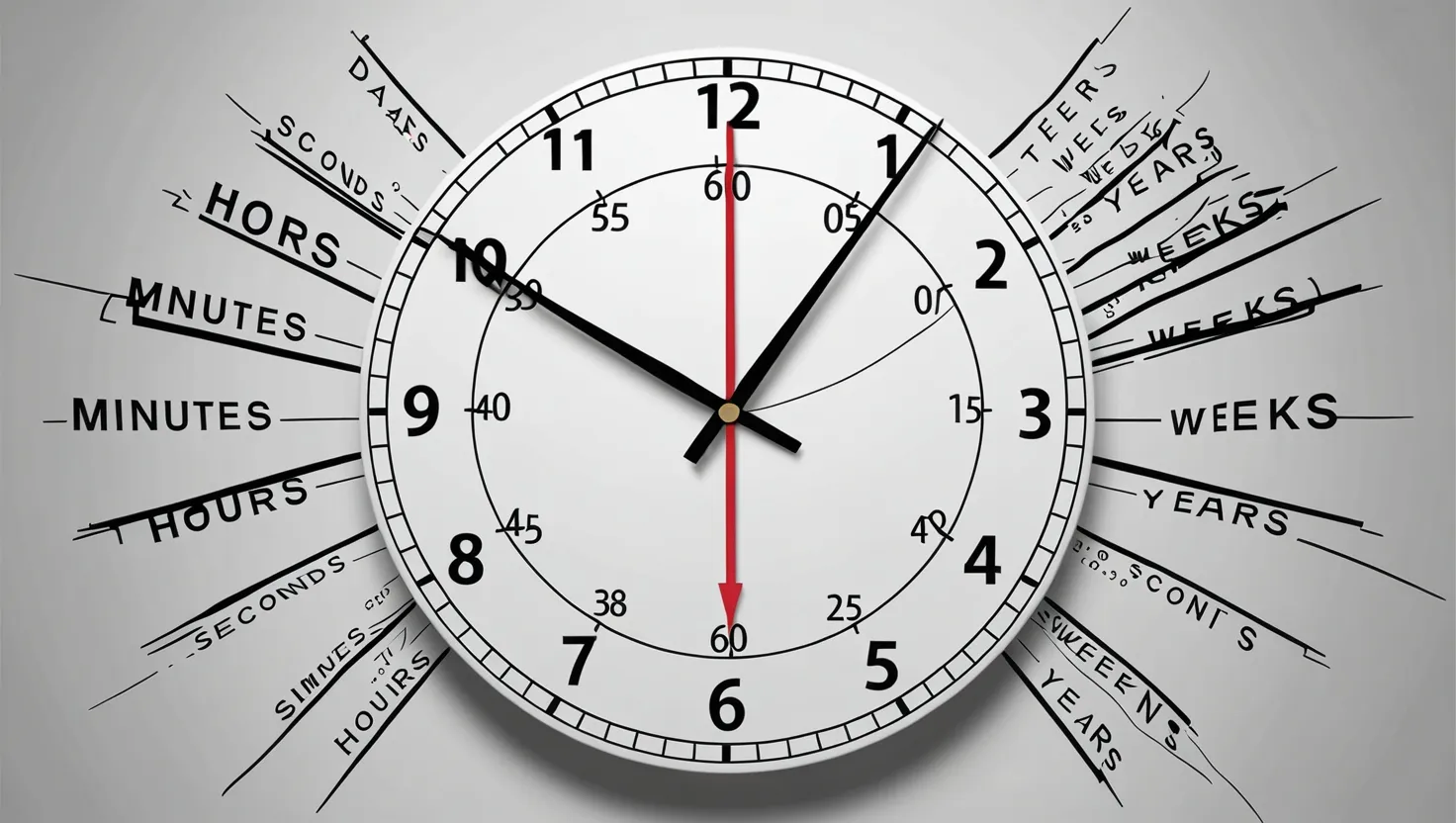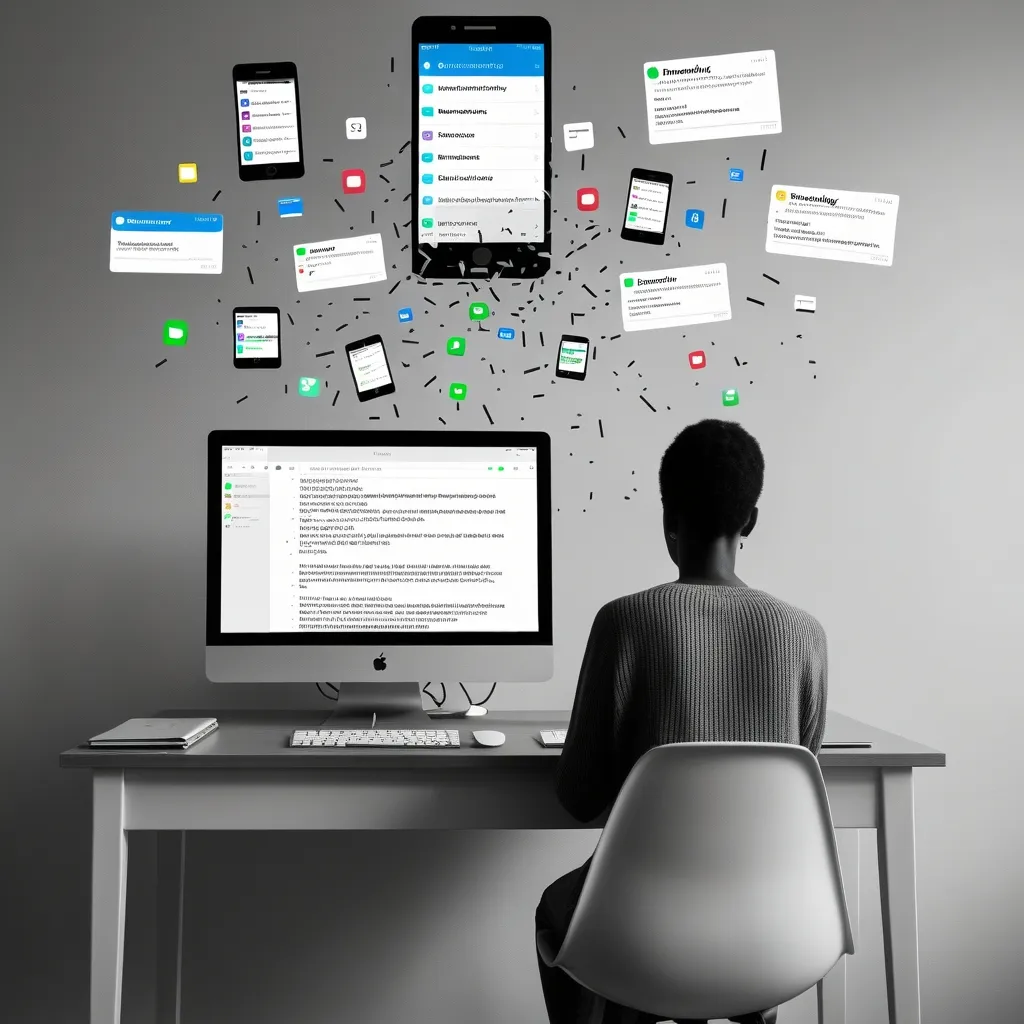So, let’s talk about the unexpected twists life throws our way, specifically around how productivity can sometimes morph into a bit of a troublesome companion. You might think that having a firm grip on productivity means pushing out work consistently and hitting all your goals. But oh boy, life isn’t so straightforward! Imagine for a moment a time when productivity just feels like it’s slipping through your fingers, leaving you in a fog of dissatisfaction. Sounds rough, right?
Recently, the realization hit home: it’s possible to get caught up in an unhealthy loop with productivity. Picture this: you have a regular routine, creating content consistently, yet suddenly, even the thought of picking up the camera feels like climbing a mountain. This wasn’t just an off day, but a persistent feeling lasting weeks, like tripping over your own feet each time you tried to make progress. You know that nagging guilt? Like when you convince yourself that taking a break will send your work spiraling down the abyss? That became a daily companion, whispering fears of losing momentum and setting off a chain reaction of career anxieties.
It felt like every little task was a herculean effort. Normally, you might enjoy 90% of your tasks and shrug off the rest, but suddenly, even mundane task started feeling like a chore. This came with a burning insight: sometimes, the pressure of adhering to a rigid schedule or imagined expectations can burn out even the most passionate among us. On top of that, waking up just felt like a drag, wrenching you away from precious sleep with annoying alarm calls for activities you, in better days, would’ve said were ‘good for you’.
Enter the absurdly named but painfully real friend: revenge bedtime procrastination. It’s that bizarre habit where, feeling robbed of personal time during the day, you end up roaming around the internet deep into the night. This inevitably leaves you drained for the next day. Apparently, by claiming control over late nights, a semblance of agency is reclaimed, but at the cost of being tired the next morning.
And the kicker? A persistent sense of dissatisfaction at the end of each day. Perhaps it was a case of high self-expectation—tallying work done against ambitious, sometimes unrealistic goals. Working through this led to an essential realization: the fixation on outcomes can turn ally into foe. It’s like setting out on a glorious hike, only to be sidetracked by constant checking on altitude gains rather than soaking in the views. It’s healthier to focus on setting manageable, input-based goals instead of fretting over outputs that are often beyond control.
Initially, the tentacles of this toxic productivity loop were hard to pin down. But with some introspection, the fog started to clear. It emerged that a big part of the issue was outcome dependency. It’s a familiar trap to fall into, especially when creating content or working on passion projects. That obsession with metrics, constantly refreshing analytics, hoping to see those numbers climb ever higher—a destructive distraction.
This fixation, without realizing, shifts the focus away from enjoying the process. It’s like trying to aim for the stars but forgetting the joy of building the rocket ship in the first place. Such outcome dependency can sneakily sour any creative undertaking, converting it into a tiresome chore, especially when things don’t go according to plan.
Another villain in this story was an overloaded calendar. The ease of access to scheduling tools led to an unintentionally packed timetable—back-to-back calls and meetings with hardly any breathing space. It didn’t help that there was the tendency to enthusiastically say ‘yes’ to too many opportunities, expecting to magically expand time.
In retrospect, it’s crucial to create a manageable schedule that allows free time for creative and fruitful work and leaves room for relaxation. Back-to-back obligations can sap energy and erode the freedom that once made the work enjoyable. Contrary to what might seem productive, a tightly packed schedule is often the exact opposite for creative work. It’s vital to strike a balance, ensuring time for spontaneous creativity and necessary rest.
Picking up on emotional cues was also an eye-opener. Sometimes the best intentions of pushing through tasks, even when not in the mood, means ignoring those subtle hints that say, “Hey, maybe a break would do some good.” Embracing a more considerate approach to productivity helped cushion the blow of those tough, insistent days. Speaking to others in similar scenarios, they often touted taking time to reflect or even seeking external support like therapy to navigate through heavy periods.
What’s this all leading to? Essentially, it’s about finding a healthier balance—whether that means loosening the grip on setting output goals, ensuring a manageable schedule, or really tuning into one’s feelings. And yes, maybe even indulging in escapism, like video games or a bit more downtime, to recharge without guilt.
Recognizing these traps provided a platform to build healthier habits moving forward. It’s about choosing to find satisfaction in achievements, however small. At the end of the day, there’s a choice to either berate oneself for not meeting some high self-standards or to acknowledge that effort and presence are enough.
Adjusting the perspective doesn’t change the reality of what’s done—but it does impact your peace of mind. Letting go of stringent productivity notions wasn’t instant, but with time, it became easier to appreciate the work done and to take pleasure in the process. Yes, numbers and outcomes matter, but they shouldn’t overshadow the passion that drives creativity in the first place.
Reevaluating the approach towards productivity, armed with an understanding of these hurdles, meant breaking free from toxic cycles. It was about reclaiming space to breathe, to think, and to actually enjoy the work without the shadow of arbitrary expectations looming overhead. Embracing what truly satisfies, not only in terms of results but the journey itself, became a healthier and more sustainable way to thrive.
Ultimately, this relationship with productivity is an evolving experience. Learning to navigate it with a light touch and realistic goals can prevent burnout and nurture genuine fulfillment.






